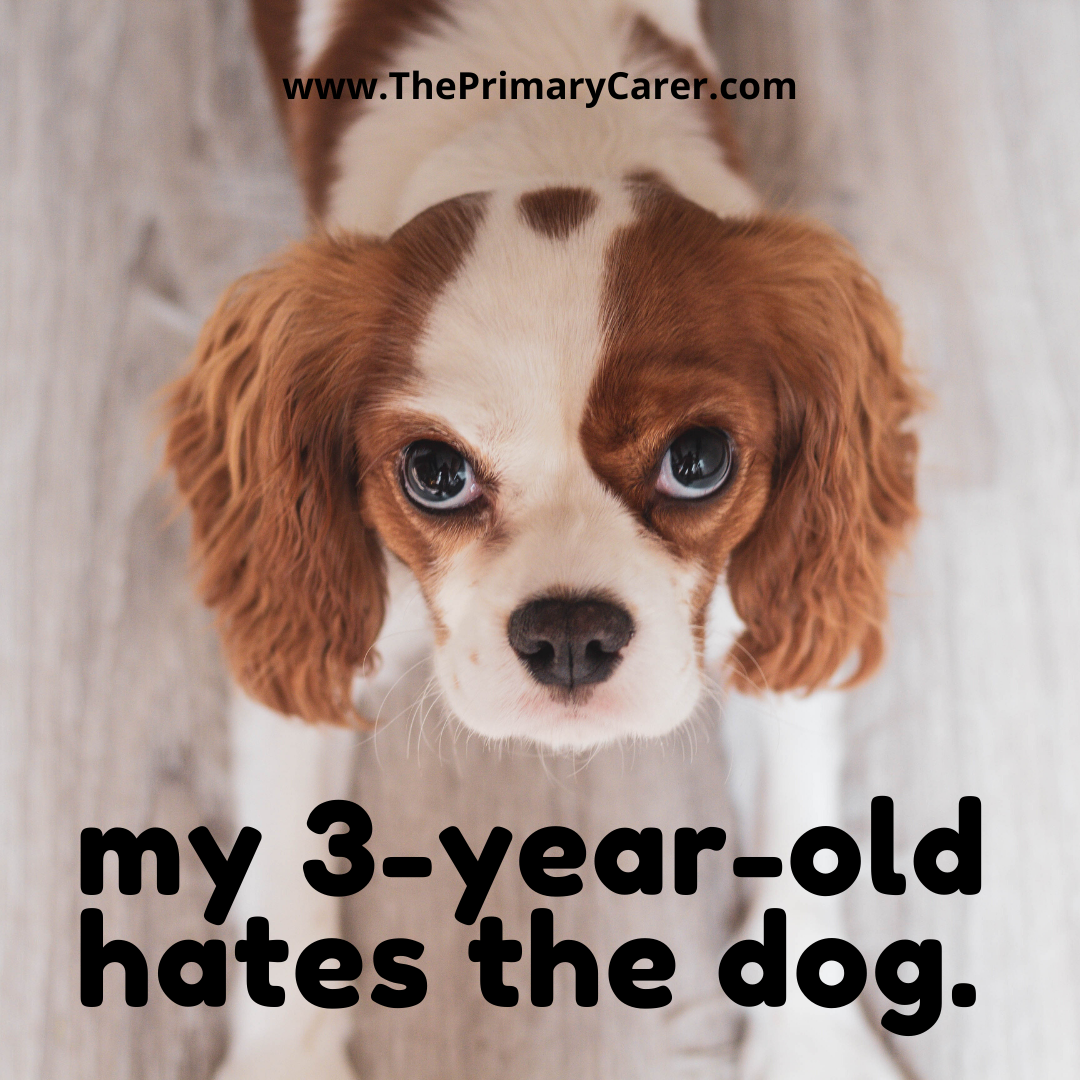This question comes from a concerned mother. She writes, “Our current challenge is that we adopted a dog, and my 3-year-old son seems to be acting out because maybe he is jealous? He’s normally very kind and gentle, but has been acting out in a general and has been a bit aggressive or overzealous to the dog. He’s not responding to our respectful interference.”
When parents have a puzzler like this, they are really asking two questions. First, why is my child acting this way? Second, how can I get them to stop it? This is a great opportunity to apply the 3S method and see what we come up with.
The 3S Method: Whenever you feel a Should or you feel unSure, Sigh, See and Start.
Let’s look at the first question: why is her 3-year-old acting this way? Our questioner is an observant mother, who has already suggested two good reasons her son might be doing this. She has been wracking her brain and running a number of explanations. Her problem solving has generated some ideas but is not really helping her child’s behavior.
Using the 3S method.
Time to SIGH. Take a deep breath into your body, then let it go, long and slow. When the social centers in your nervous system are activated, you will feel calmer, connected and happier. AND it turns out the thinking part of our brain works better, so you may feel like your head is clearing.
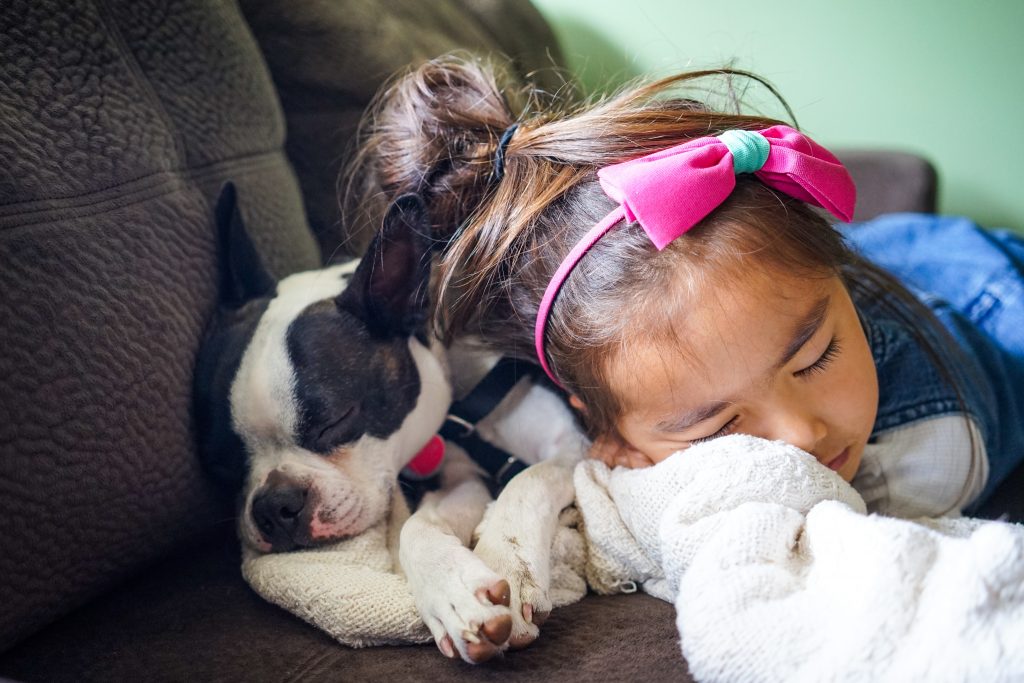
If you don’t feel that way yet, sigh 2 or 3 more times until you do. Then, remember to check-in and see how you are feeling. What feelings do you have about your child? It is normal to feel angry because the child has upset the dog, even if you don’t express it. There might be a lot of different feelings, like confusion, frustration, and curiosity. When it comes to our feelings, the more we can acknowledge them instead of fighting them, the more effective we can be.
Now it’s time to SEE. See your child, see the dog, see the situation. Did your child seem to start out okay, and then get revved up and overexcited while playing with the dog? How many times did you tell him to stop something smaller before he went too far?
When we really want to understand our child, it helps to use our imagination to think of other related situations. Does your child get over-excited in other situations? Have you noticed a sad look on your child’s face when you turned from them to help the dog?
Because SEE is a mindfulness step, it’s about becoming aware of the present without trying to change it. That kind of mindfulness is another way to boost the thinking areas of our brains, so we can make a better plan.
Now it’s time to START. Start thinking about what is appropriate here, start tapping into your knowledge resources, and start trying something different.
It might help if we pause so I can share a little bit of information about kids and over-stimulation.
Our kids act out when they get overstimulated.
Any parent knows that this is a fundamental truth: little kids get excited. It’s why young children are so challenging for parents. They can be having fun and doing great, and then suddenly they are melting down or hitting their friend. What happened? They went from excited to over-excited.
We know it happens, but why does it happen? The answer lies in their level of stimulation. When kids are under-stimulated they wander around bugging us about being bored. When they are playing, they are at just the right level of stimulation. You can tell because they are engaged and interested, but they are also organized. If they are playing with other kids or pets, they will be laughing and going back and forth in a way that feels right. Their voices may have a sing-song quality.
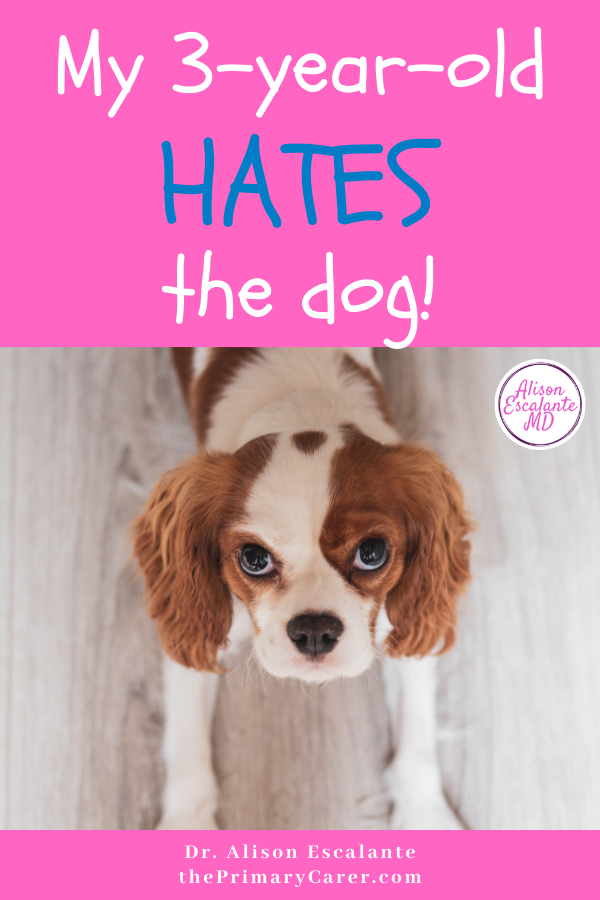
But over-stimulation happens when they have too much excitement coming at them for too long. That’s when they can’t stay organized anymore. Experienced parents know when this is happening, even if they can’t explain it what they are noticing. Kids voices may get higher pitched and lose that sing-song quality they had in play. Their play may become rougher, or they may start expressing frustration more often.
When it goes too far, you get meltdown. Meltdown looks different for different kids, but often involves being loud, flailing limbs or even hitting. And often, when parents see hitting, we see bad behavior that needs to be stopped, and we get louder. Now the meltdown goes nuclear.
What are some of the stimuli that can add up to an overstimulated kid?
- New situations or items.
- Exciting situations.
- Noisy or crowded places.
- Strong emotions (such as feeling like mommy is giving the dog the attention you want.)
- Feeling like you are being evaluated (such as reminders from parents to be gentle to the dog.
- Getting in trouble and you don’t know why.
So let’s imagine this from the 3-year-old’s point of view. The dog is so exciting! He wants to play with it, but he doesn’t yet understand how to read the dog’s cues. This kind of skill is something he’s just starting to learn, and it’s confusing. He can’t see the signs that the dog is getting overwhelmed. It’s very likely that his parents are correcting him regularly.
Our kiddo may feel like he’s doing everything wrong and he doesn’t know why. He just wants to play with the dog, and his parents are in his face all the time. This may be one of his first real experiences of getting in trouble a lot. And it’s hard to take. It’s over-stimulating.
OR. It’s also possible that the boy is reading the dog entirely correctly, but his parents are uncomfortable with the kind of rough play that dogs and little boys like. If that’s what is going on, his parents urging him to be gentle will only confuse him.
Time to START.
Okay, so now that we know some of what could be going on according to child development, it’s time to START. You might start by playing with the dog together. Try modeling the behaviors you want your child to take with the dog. Start suggesting what you think the dog’s body language might be saying. Point out when the dog seems like it would like a break. Praise all the good things your child does around the dog, and talk about the things the dog likes. Turn it into a game of learning about your dog together. When you coach your child like this, he feels involved instead of left out. It reduces confusion.
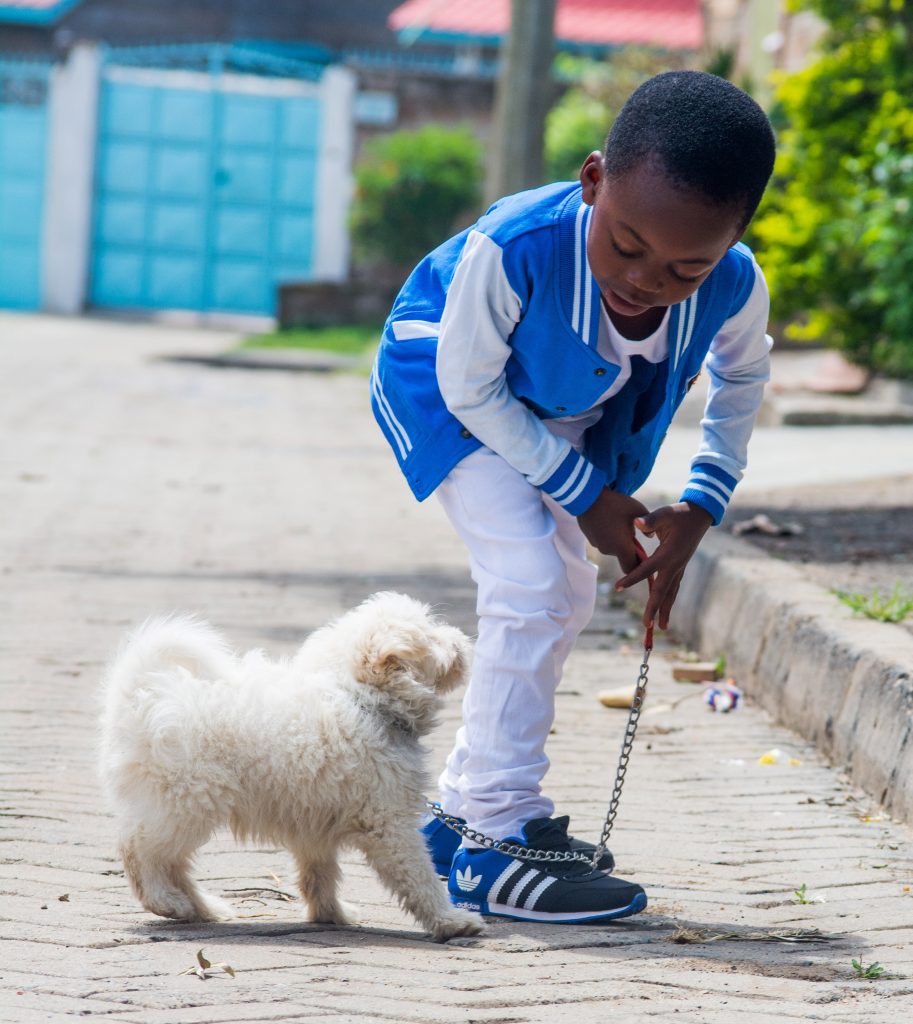
But what if our mom with the question might have already been doing all of this? If that’s the case, we have to remember the most important rule of all about 3-year-olds: you have to keep teaching them the same thing 47 million times until they get it. It’s just the way their brains work. But if you SIGH and SEE before you START parenting, you’ll come from a connected place. Your child will be more able to learn from your coaching when you are really present with them.
The 3S Method. Dr. Alison Escalante created the 3S method because she believes parents are living in a culture of anxiety and criticism she calls the ShouldStorm. The 3S’s help parents take effective and loving action under pressure. Join my newsletter and I’ll send you a free eBook, “Introduction to Should-Free Parenting.”
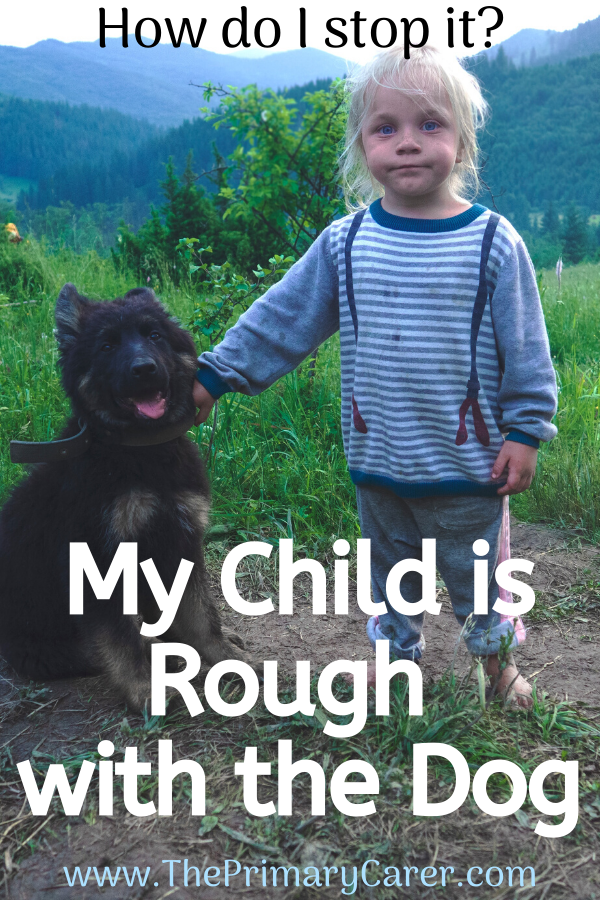
©Alison Escalante MD
Disclaimer: This article represents general education and does not constitute medical advice. My ideas are mine alone.
